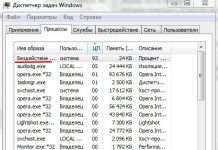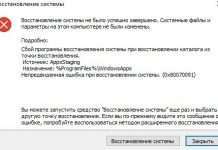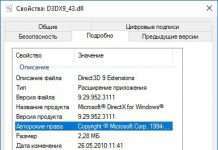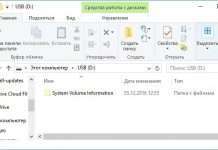Imagine arriving in a new country, facing an unfamiliar language and complex systems—like accessing healthcare or finding housing. Now add the stress of navigating a potentially hostile political environment. This is the reality for many refugees and immigrants arriving in the United States. A newly launched AI assistant called ALMA aims to ease this burden by providing crucial information and support directly on their most-used communication platform: WhatsApp.
Developed by the International Rescue Committee (IRC), a leading humanitarian organization, ALMA stands for “AI for Life Mapping Assistance.” It leverages large language models (LLMs) like OpenAI’s GPT-4.1 and GPT-4.1 mini to personalize responses within a structured framework of reliable resources. Unlike chatbots designed for continuous engagement, ALMA acts as an on-demand resource hub.
Filling a Critical Gap in Support
ALMA was born from the need to provide consistent, accessible help 24/7 for IRC clients, particularly newcomers struggling with basic needs and navigating American systems. Tara Catanach, ALMA’s designer and IRC project director, explains that unlike traditional chatbots, which often require users to “coach” them into providing helpful information, ALMA understands its target audience: English language learners new to the U.S.
By simply texting ALMA at +1 619-658-5100, users can access a wealth of information compiled from IRC’s extensive library of client materials, staff training resources, and trusted external organizations. This includes guidance on finding benefits, understanding social services, applying for housing, preparing for job interviews, or even knowing their rights in various situations.
Safety Net with Built-in Safeguards
While ALMA is designed to provide practical assistance, it recognizes the sensitive nature of its users’ circumstances. Catanach emphasizes that ALMA doesn’t replace human caseworkers; instead, it acts as an important first line of support. It includes safeguards to direct conversations about mental health, abuse, or domestic violence to appropriate resources or escalate them to IRC staff.
Furthermore, although ALMA can access the internet when needed, it primarily relies on static pools of reliable information curated by the IRC. This minimizes the risk of users encountering misinformation or fabricated data often associated with open-ended AI search engines.
WhatsApp: A Hub for Connection and Information
ALMA’s integration with WhatsApp is a strategic choice reflecting the platform’s prevalence among immigrant communities nationwide. Catanach points out that many rely on WhatsApp not only for communication but also as a source of news, community organizing, and essential information in languages other than English.
While this raises privacy concerns given Meta’s (WhatsApp’s parent company) track record with data handling and past use by ICE agents for surveillance, ALMA aims to mitigate these risks by instructing users not to share sensitive personal details unless comfortable doing so. Legal advice is also outside ALMA’s scope, directing users to external resources for immigration-specific guidance.
Expanding Access and Languages
Initially launched in Dari/Farsi, English, Spanish, and Swahili—the most common languages among IRC clients—ALMA will soon be available in 10 more languages. The IRC also plans to expand ALMA’s knowledge base to include topics like healthcare and education, potentially incorporating voice note capabilities for greater accessibility.
With a goal of reaching 100,000 users in its first year, ALMA represents a pioneering effort to leverage AI technology for good, specifically addressing the unique challenges faced by refugees and immigrants integrating into American society.



















































